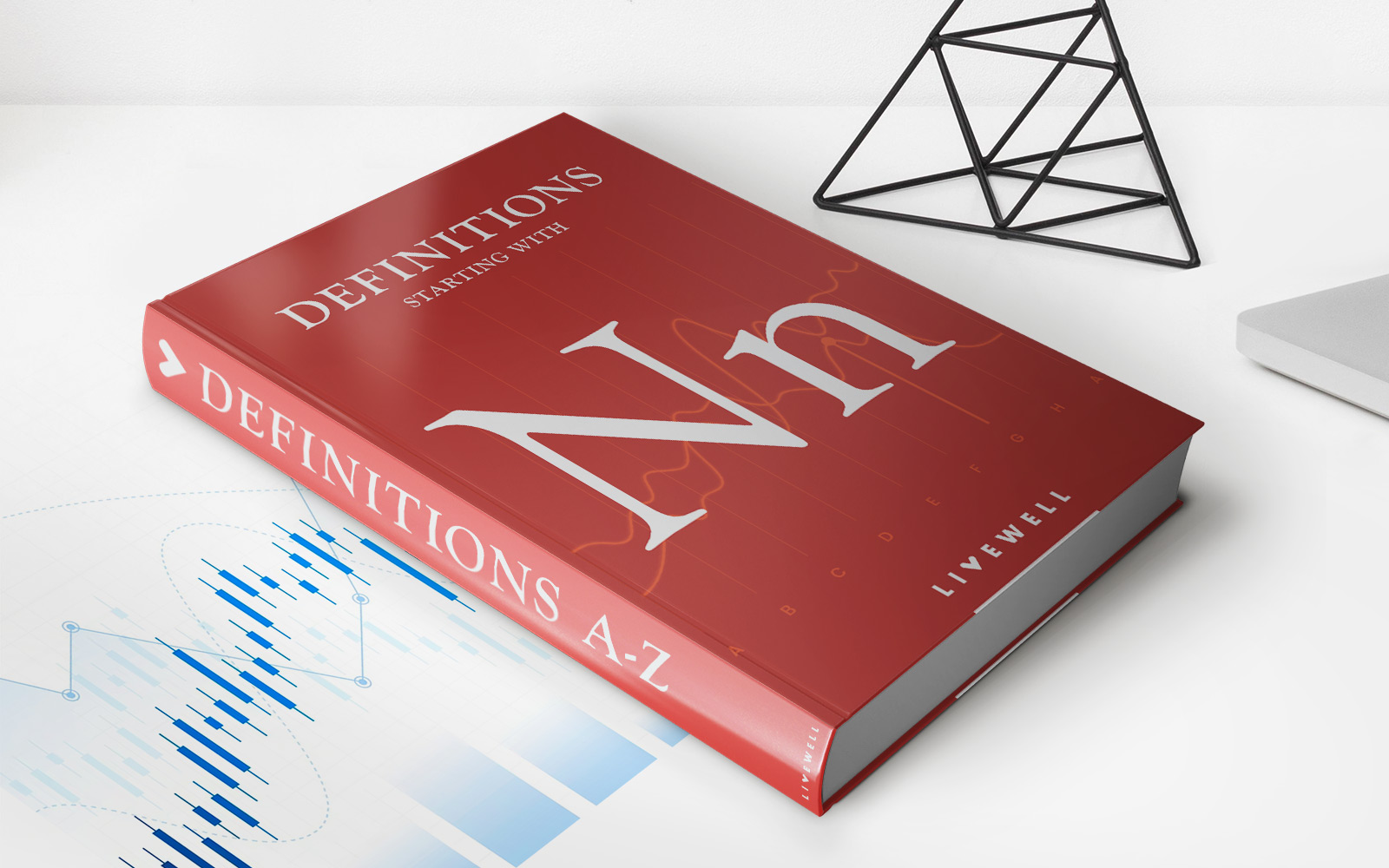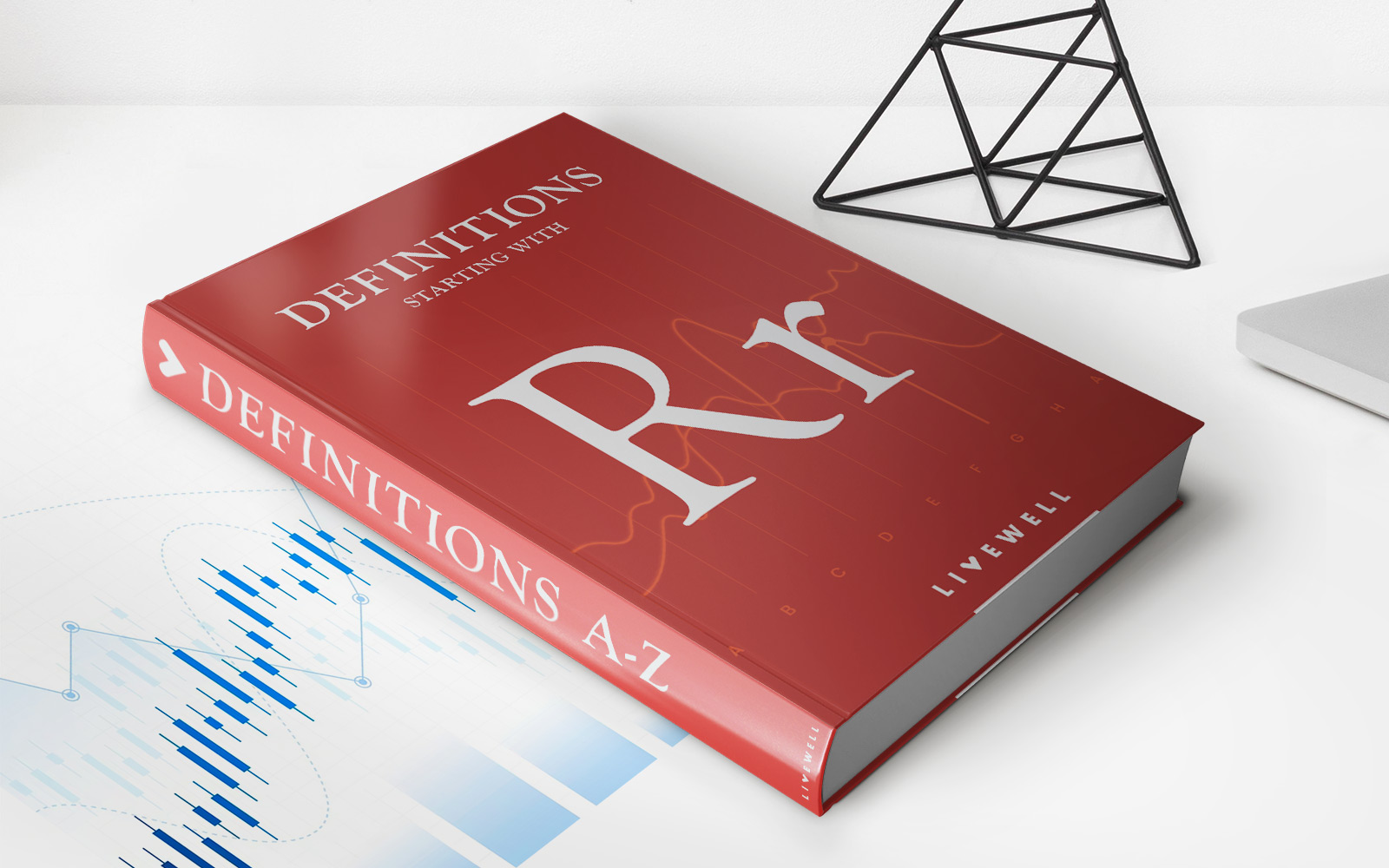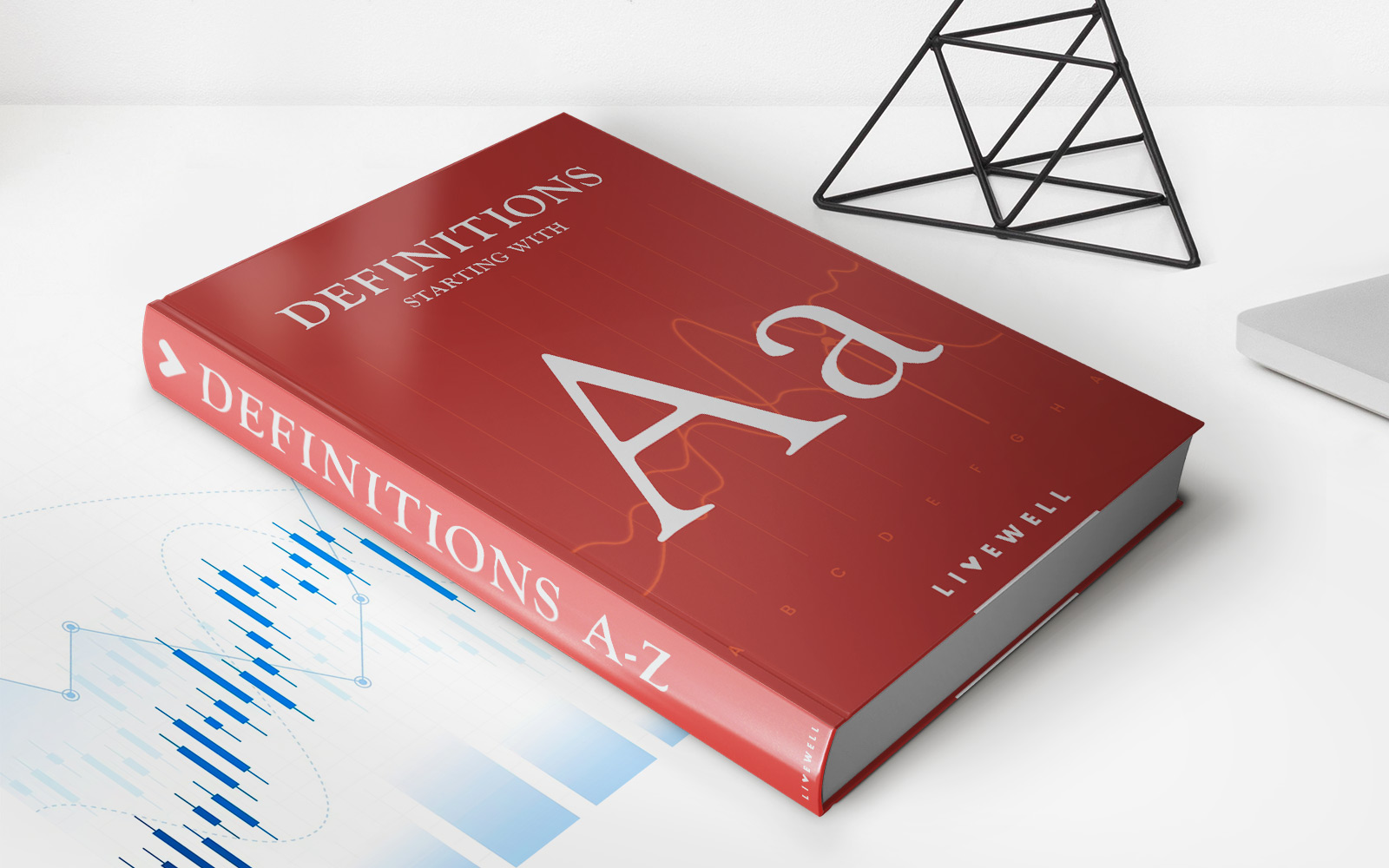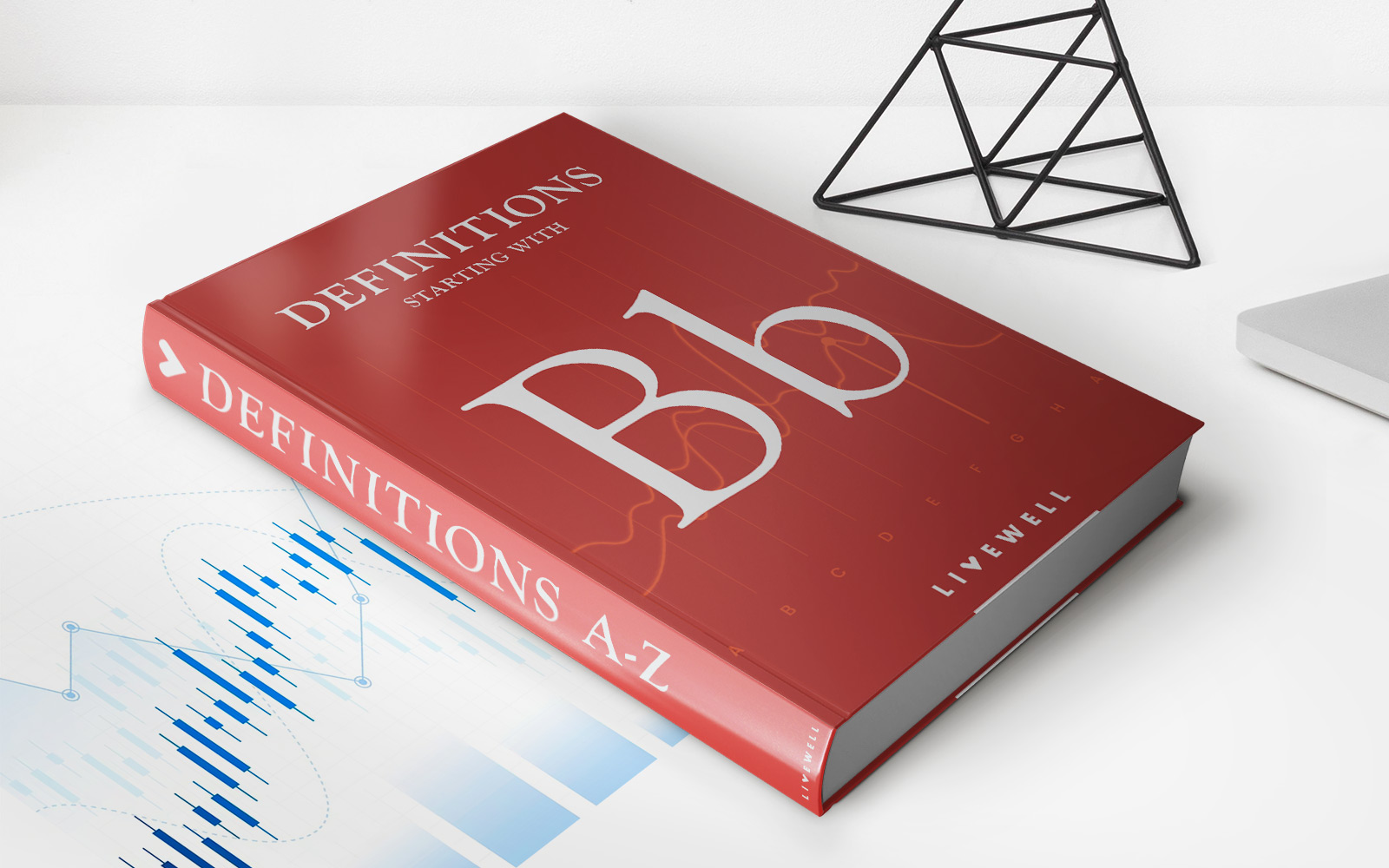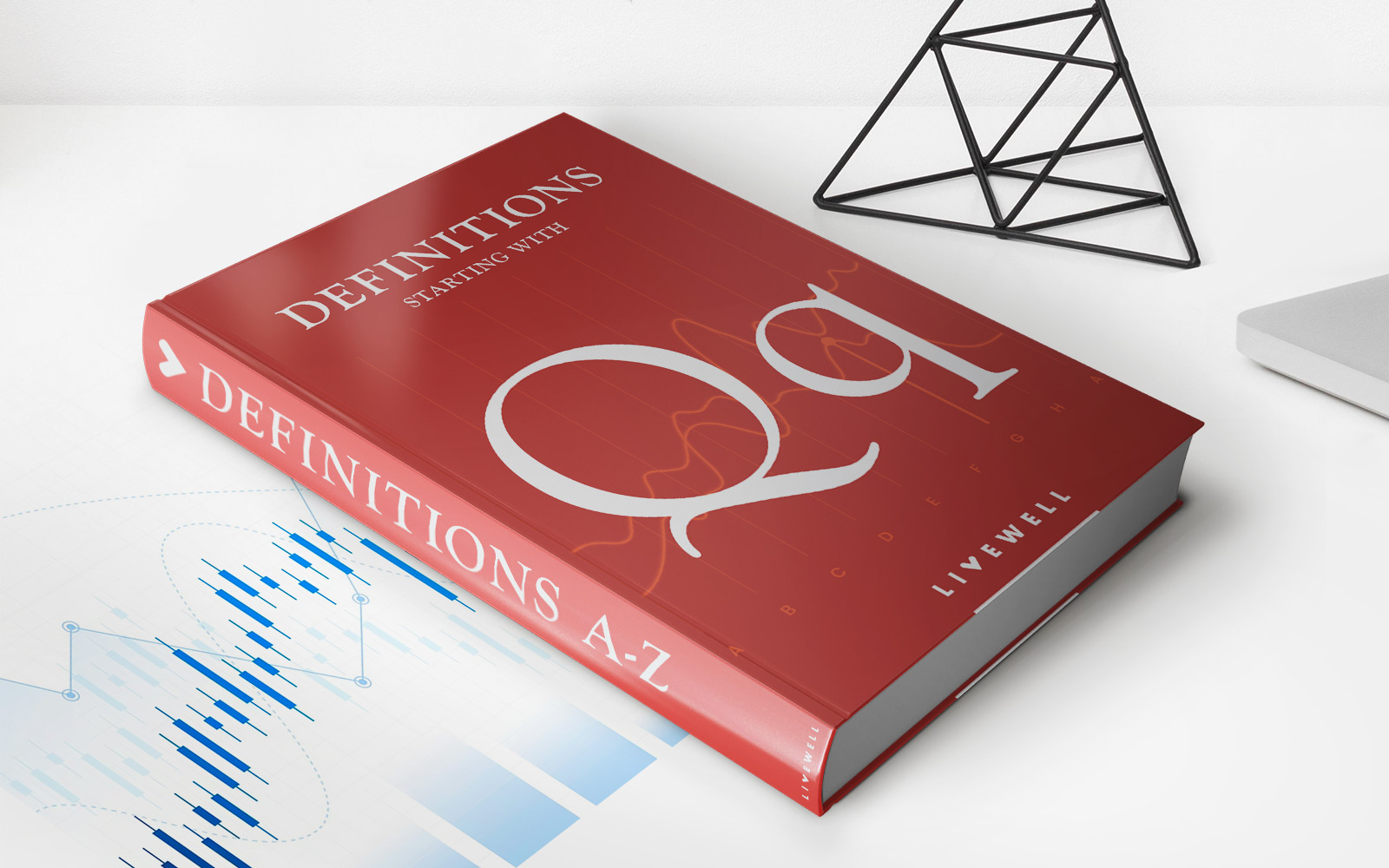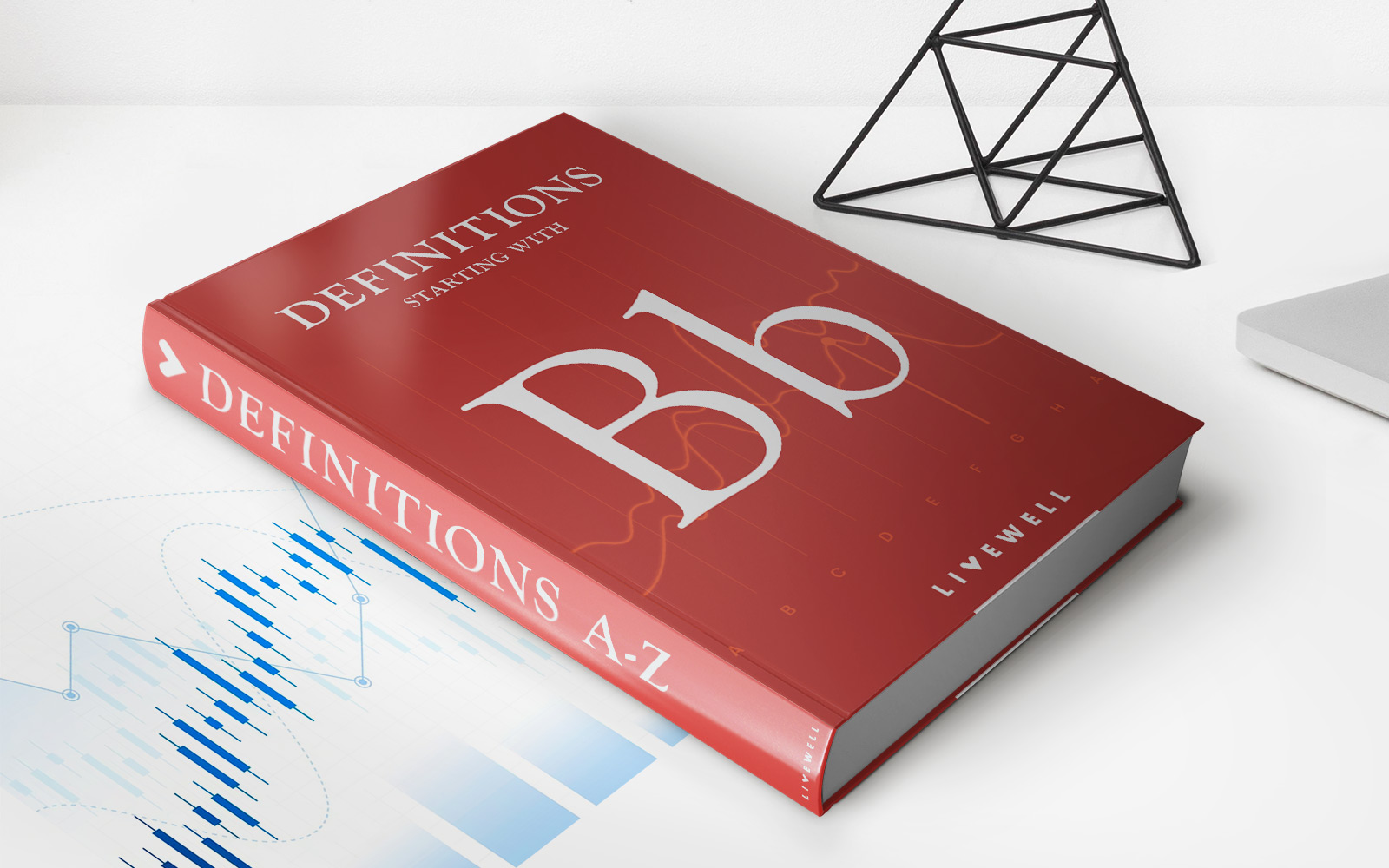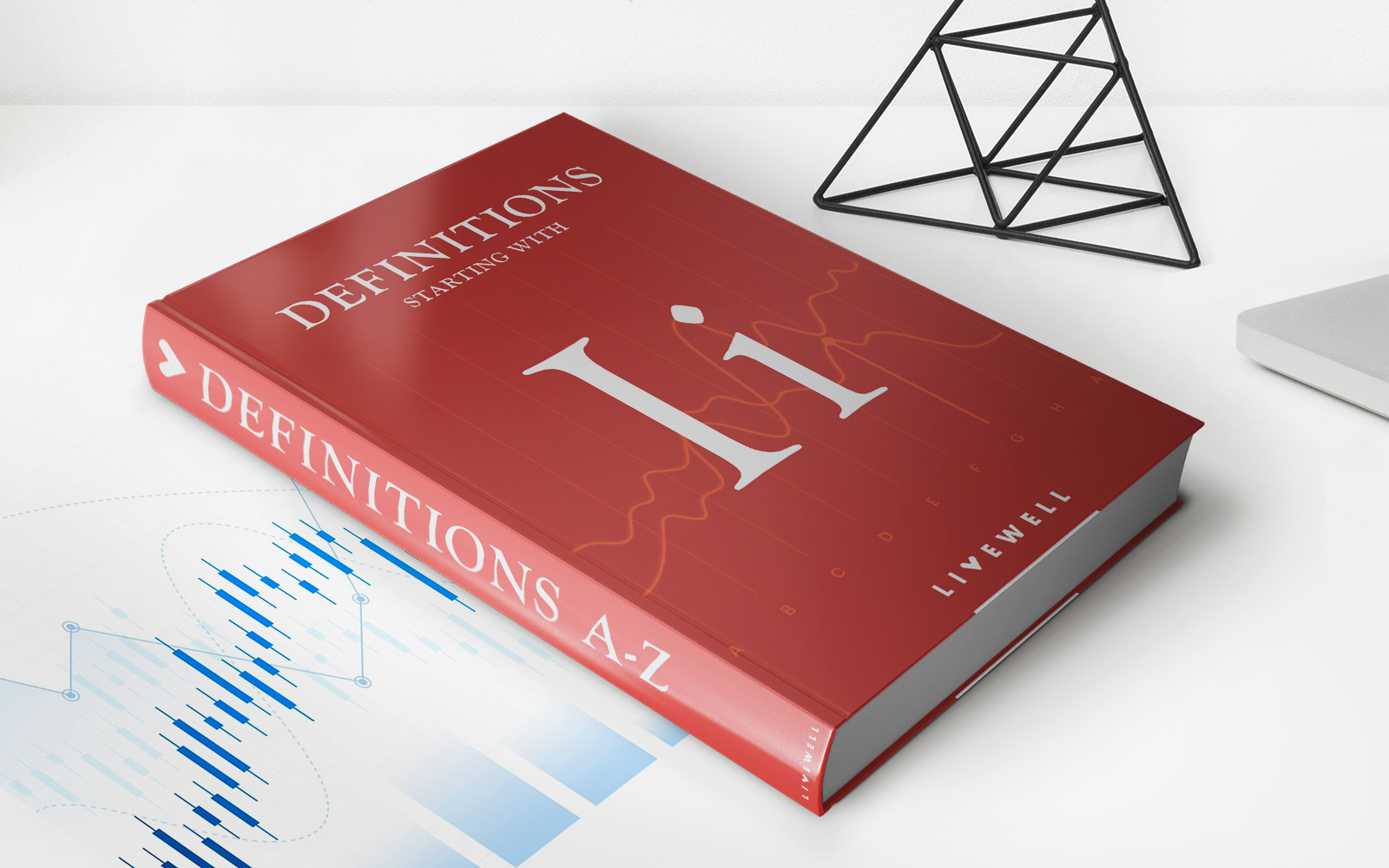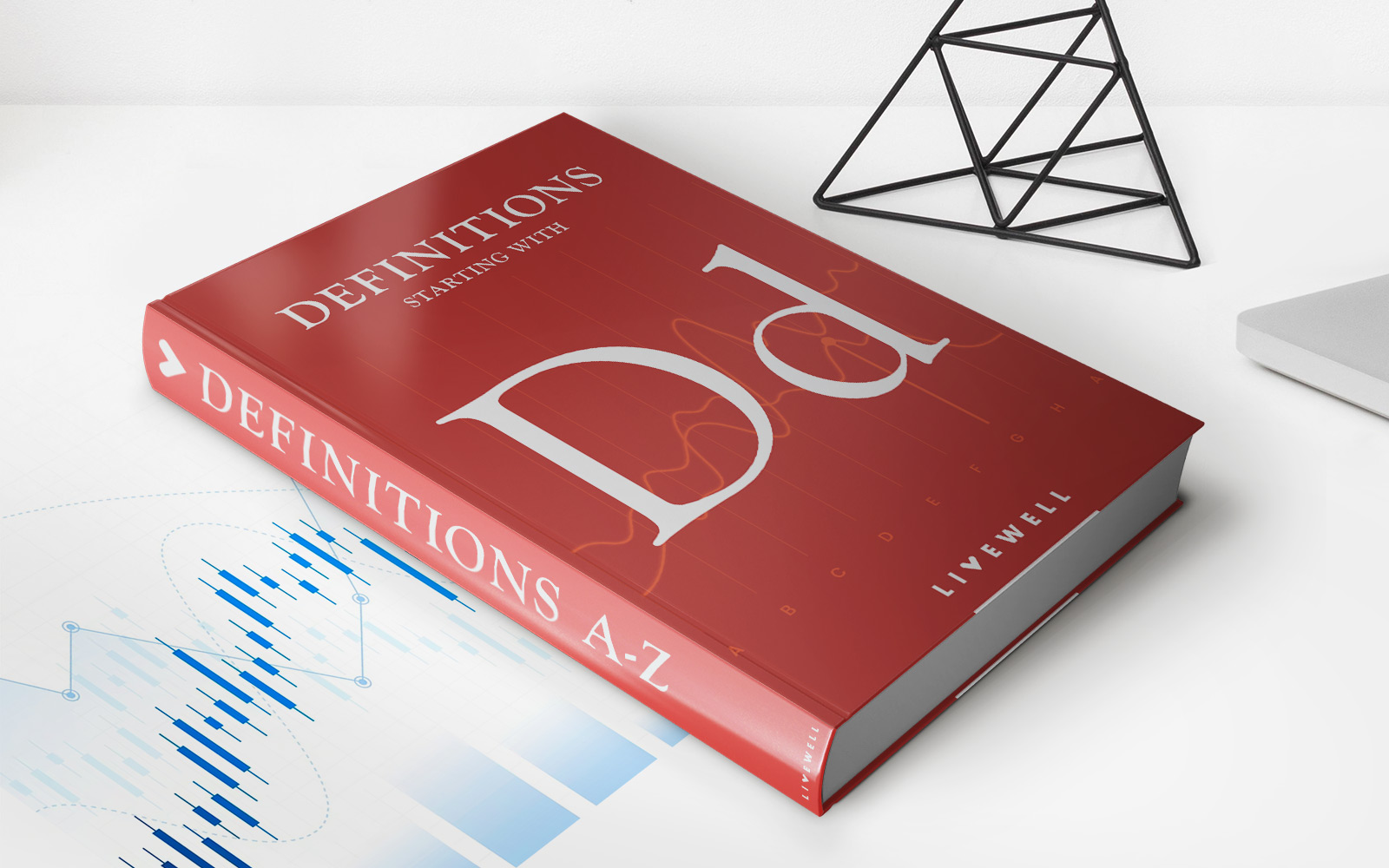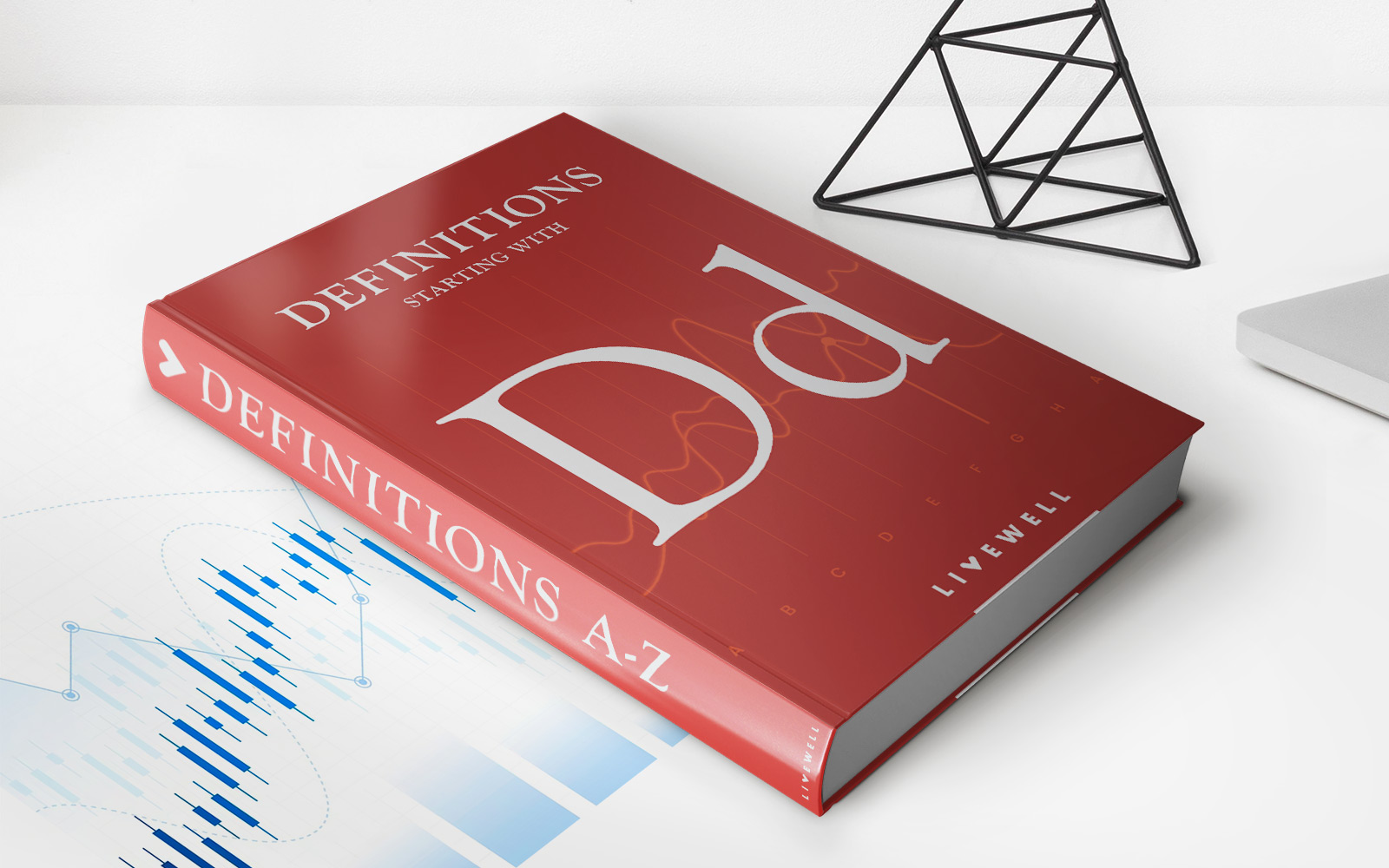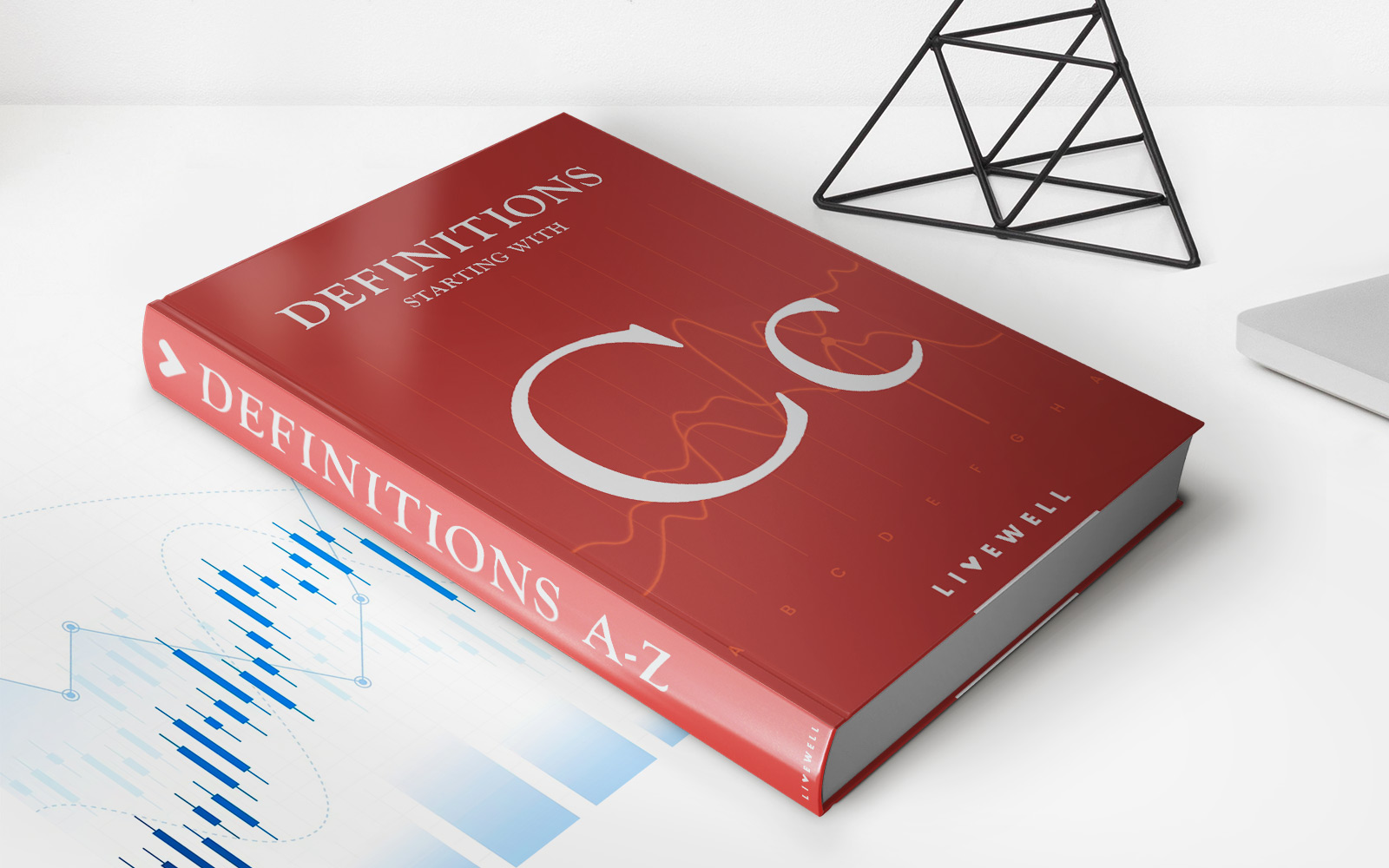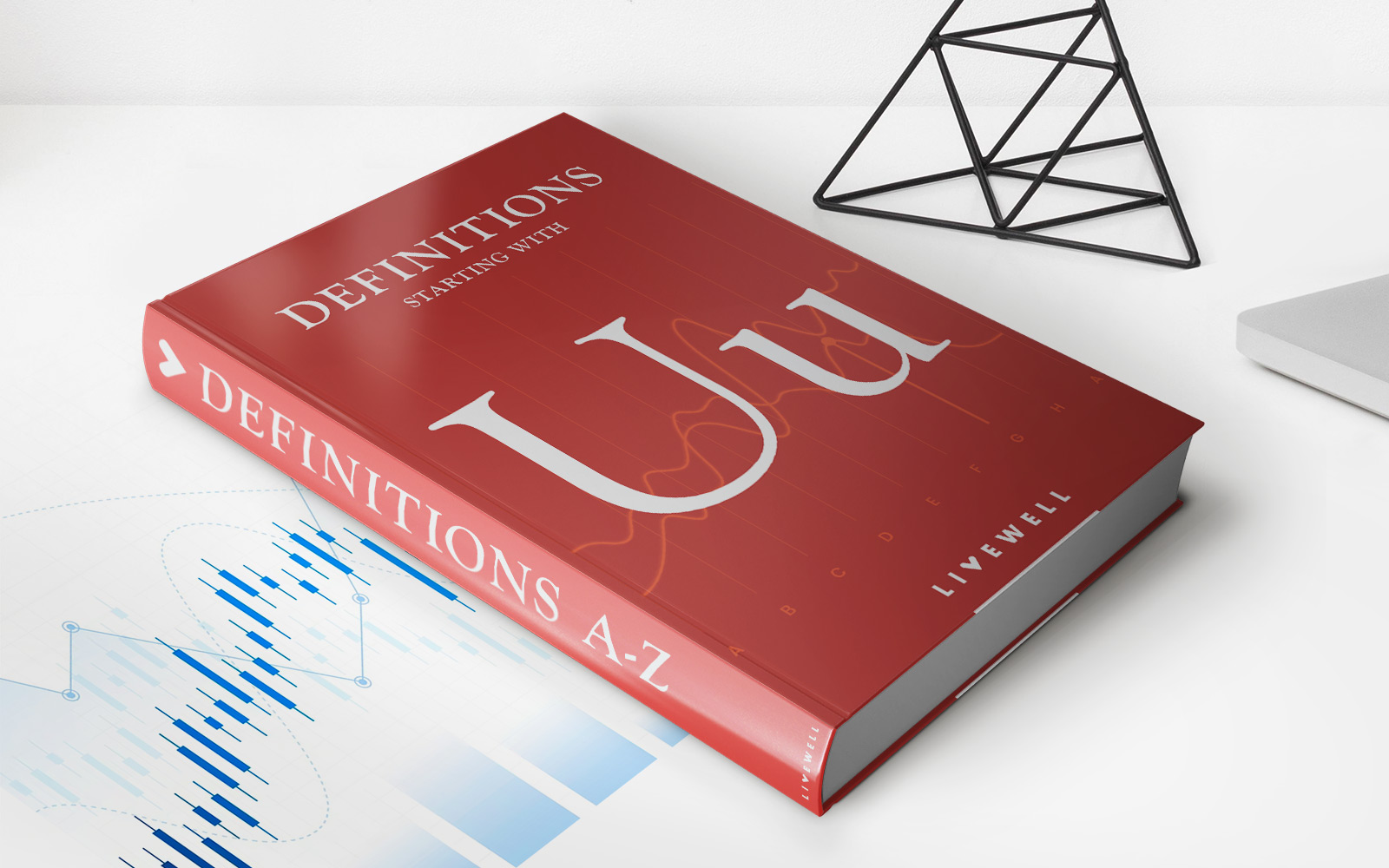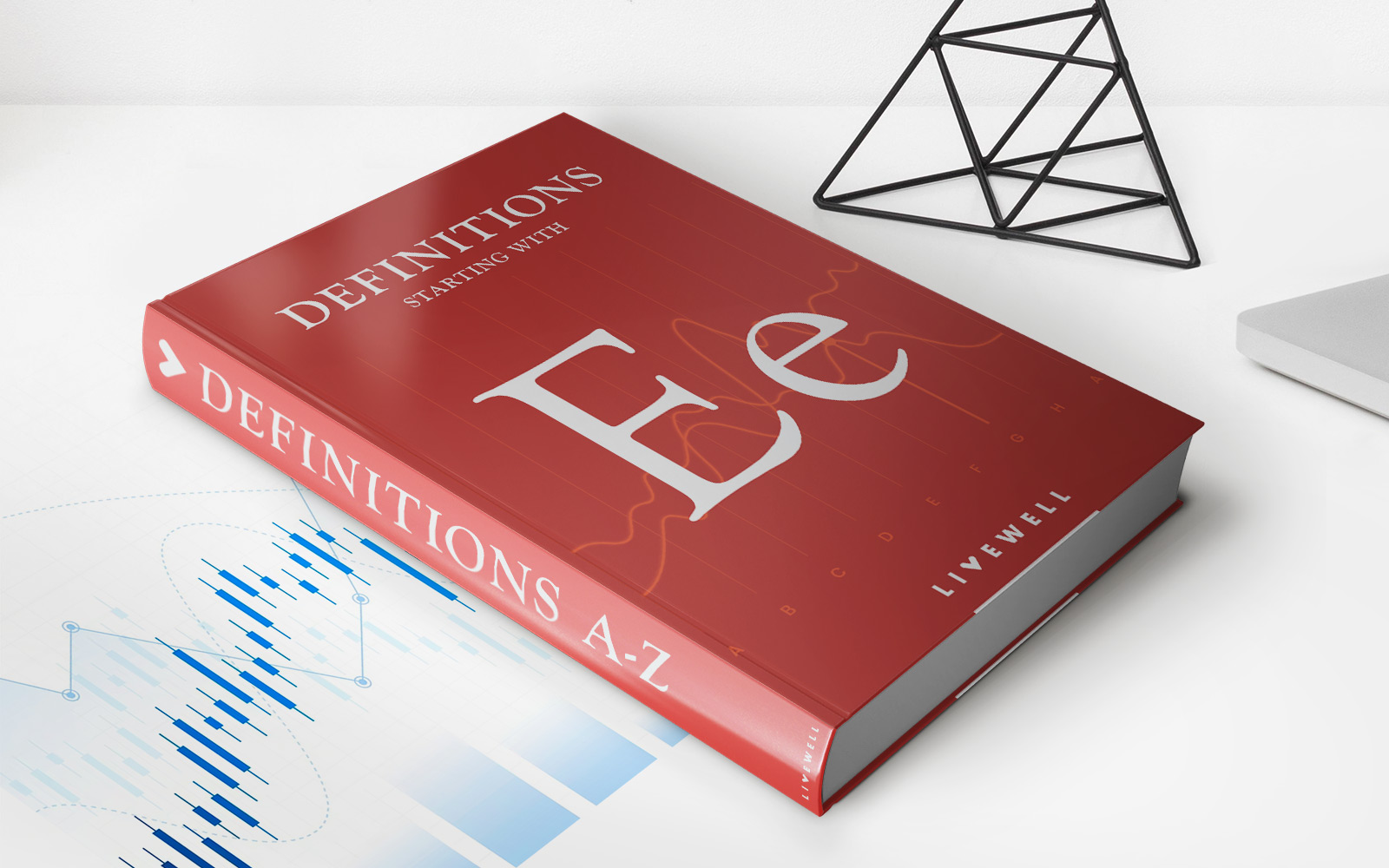Home>Finance>A-B Trust: Definition, How It Works, Tax Benefits
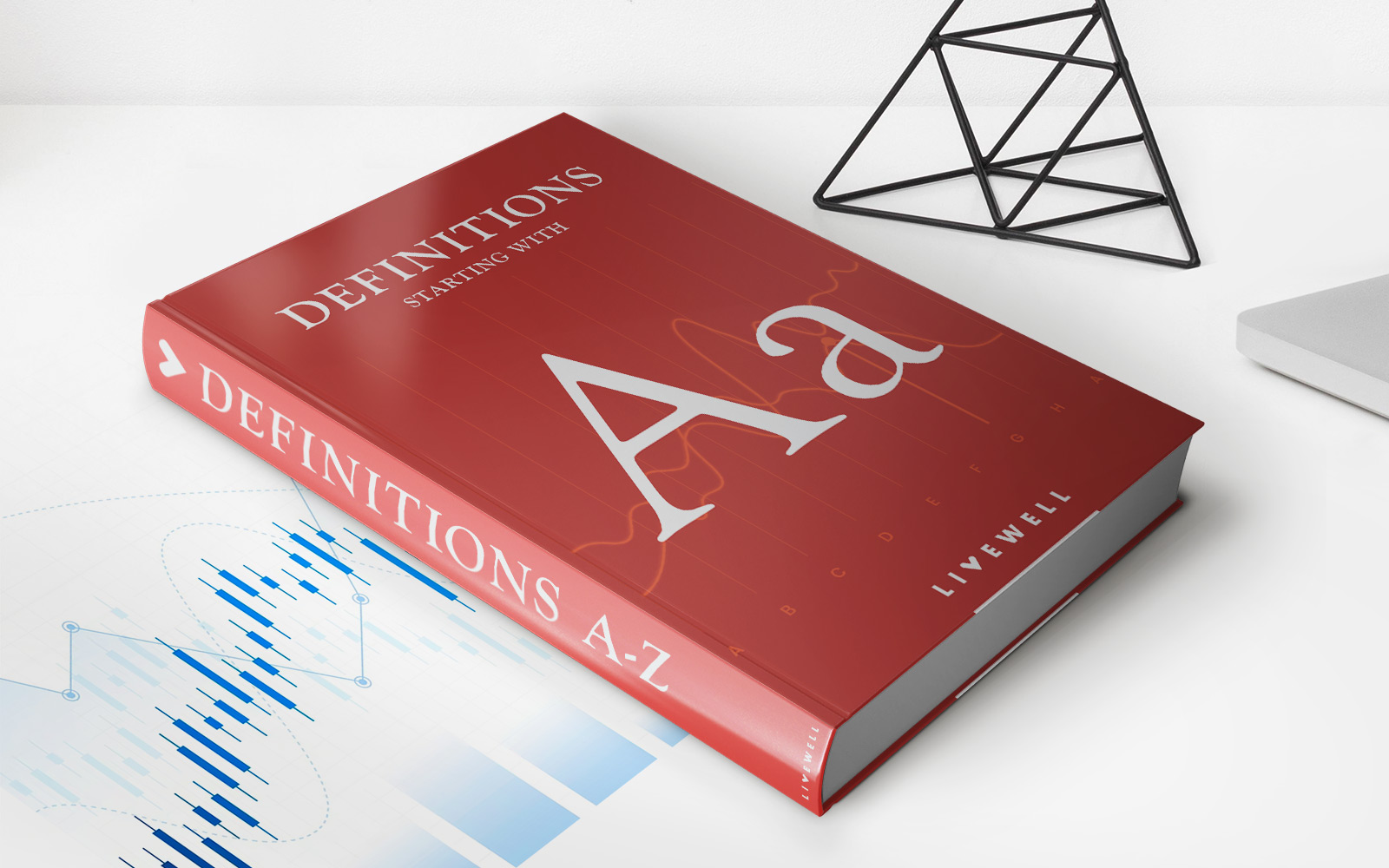

Finance
A-B Trust: Definition, How It Works, Tax Benefits
Modified: October 11, 2023
Learn about A-B Trusts in finance, including its definition, working mechanism, and the tax benefits it provides. Enhance your financial knowledge with our comprehensive guide.
(Many of the links in this article redirect to a specific reviewed product. Your purchase of these products through affiliate links helps to generate commission for LiveWell, at no extra cost. Learn more)
The A-B Trust: Maximizing Wealth Through Smart Estate Planning
When it comes to managing your finances and ensuring the well-being of your loved ones, estate planning plays a pivotal role. One effective strategy that individuals often consider is setting up an A-B trust. But what exactly is an A-B trust, how does it work, and what are the tax benefits associated with it? In this blog post, we’ll explore the ins and outs of A-B trusts, providing you with the information you need to better understand this clever financial tool.
Key Takeaways:
- An A-B trust is a type of trust arrangement used for estate planning purposes.
- It helps individuals maximize wealth and minimize estate taxes by dividing assets between two trusts: the A trust and the B trust.
What is an A-B Trust?
An A-B trust, also known as a Marital and Residual Trust, is a legal arrangement that aims to make the most out of the estate tax exclusion available to married couples. It involves splitting the assets of a couple into two separate trusts, often referred to as the A trust and the B trust.
The A trust, also known as the “marital trust” or “survivor’s trust,” is generally revocable and created to benefit the surviving spouse. It allows the surviving spouse to access, manage, and even spend the assets held in the trust during their lifetime. The surviving spouse may also receive income generated by the trust’s investments. The assets in the A trust are not subject to estate taxes upon the first spouse’s death, thanks to the unlimited marital deduction.
The B trust, on the other hand, also known as the “bypass trust” or “credit shelter trust,” is typically irrevocable and designed to benefit the couple’s children or other designated beneficiaries. The assets held in the B trust bypass the surviving spouse’s estate, effectively limiting estate taxes. All appreciation and income earned by the assets within the B trust are also protected from estate taxes.
How Does an A-B Trust Work?
Here’s a step-by-step breakdown of how an A-B trust typically works:
- Both spouses jointly create and fund the trust, usually written in the form of a revocable living trust.
- Upon the death of the first spouse, the assets are divided into the A trust (survivor’s trust) and B trust (bypass trust) according to predetermined terms and conditions.
- The surviving spouse has continued access and control over the A trust and its assets, ensuring financial security during their lifetime.
- The assets in the B trust, which include the original spouse’s separate property, go to the beneficiaries named in the trust, typically the children.
- Upon the death of the surviving spouse, the assets held in both trusts are distributed to the designated beneficiaries without incurring any additional estate taxes.
What are the Tax Benefits of an A-B Trust?
An A-B trust offers significant tax benefits to married couples, primarily by taking advantage of estate tax exclusions and deductions. Here are some key tax benefits:
- Maximization of the estate tax exemption: An A-B trust allows each spouse to utilize their individual estate tax exemption, effectively doubling the amount of assets that can pass without incurring estate taxes.
- Preservation of the step-up in basis: Assets held in the B trust receive a step-up in basis upon the death of the first spouse, potentially reducing capital gains taxes when the beneficiaries sell these assets.
- Reduction of estate taxes: By allocating assets to the B trust, the estate tax burden is lowered, as these assets are not included in the surviving spouse’s taxable estate.
It’s important to note that tax laws and regulations surrounding trusts can vary, so it’s always advisable to consult with a qualified estate planning attorney or financial advisor to ensure an A-B trust is the right option for your specific circumstances.
By utilizing an A-B trust as part of your estate planning strategy, you can secure the financial futures of your loved ones while minimizing the impact of estate taxes. Remember, planning ahead and seeking professional guidance are crucial steps towards achieving your financial goals.

